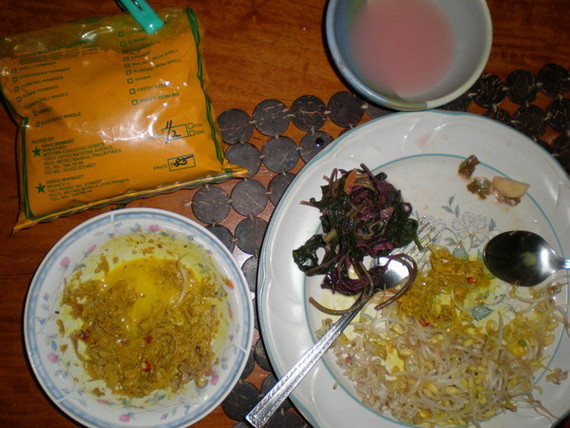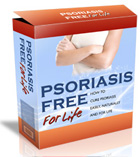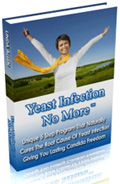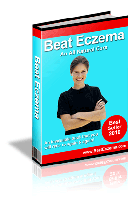Turmeric. That wonderful Indian spice. I finally bought 1/2 kilogram from the Indian grocery Assad for only 85 pesos. They say just 1/4 teaspoon of Turmeric a day perks up your liver.
Most Filipinos don’t like this “Indiany” taste. But for me, if it makes one healthy, I like it. And besides, turmeric makes our regular coconut milk / gata based meals… taste different. Add this to red hot chili peppers and you’ve got an Indiany taste.
The Filipino word for turmeric is “luyang dilaw” or in english it is called yellow ginger.
I suggest you do a quick search on Google.com for the words “turmeric eczema” and you come up with very revealing articles that show that turmeric works on your liver, your digestion, and the liver and digestion are important factors in healing eczema. I bet your drug based doctor doesn’t know any of this.
Here is a sample of what I dug up on Google.com. Search for yourself and learn more about turmeric today!
 |
| Turmeric in my meals |
http://www.positivehealth.com/article-view.php?articleid=1106
Turmeric � An Amazing Healer
by Anne McIntyre (more info)
listed in regulars, originally published in issue 73 – February 2002
Introduction
Turmeric (Curcuma longa) is much more than the familiar spice that gives curry blends their yellow colour and imparts to them a slightly bitter or astringent taste. It is an amazing healing plant that has not only been valued for its therapeutic properties in Ayurvedic and Chinese medicine for thousands of years but also has a significant role to play here in the West in the prevention and treatment of a wide range of modern day problems. It is an excellent natural antibiotic, and one of the best detoxifying herbs by virtue of its beneficial effect on the liver, a powerful antioxidant with health-promoting effects on the cardiovascular, skeletal and digestive systems. Through its beneficial effect on the ligaments, it is highly valued by those who practise Hatha Yoga.
The medicinal part of turmeric comes from the fleshy underground rhizomes of a perennial plant from the same family as ginger with large lily-like leaves that can grow to about 3 feet high. The rhizomes are harvested in winter, boiled or steamed, and then dried. Most turmeric is available as a powder.
Beneficial Properties
Turmeric not only enhances the flavour of food but also aids digestion, particularly of protein, promotes absorption and regulates metabolism. It is an excellent spice to add to cooking if concerned about weight. Turmeric helps to regulate intestinal flora and is well worth taking during and after a course of antibiotics and by those suffering from Candida or thrush. It has a long history of use for eradicating worms. I have frequently prescribed turmeric for digestive problems such as indigestion, heartburn, wind, bloating, colic and diarrhoea. It has a soothing and bolstering effect on the mucosa of the gut and boosts stomach defences against excess acid, drugs and other irritating substances ingested and from the effects of stress, thereby reducing the risk of gastritis and ulcers. It is said to lower blood sugar in diabetics.
Turmeric has beneficial effects in the liver, which include stimulating the flow of bile, protecting against damage from toxins[1] and improving the metabolism of fats. By enhancing liver function, turmeric helps to cleanse the blood of toxins and impurities. It has been shown to lower harmful cholesterol levels, to inhibit blood clotting by blocking prostaglandin production[2] and to help prevent as well as remedy atherosclerosis, thus playing a significant role in the prevention of heart and arterial disease.
Turmeric contains constituents including curcumin, tumerone and zingiberone as well as high amounts of a carotene, equivalent to 50 IU of vitamin A per 100 grams.[3] Probably the most important component is curcumin which gives turmeric its intense yellow colour.
Curcumin is a powerful, yet safe anti-inflammatory agent, excellent for treating inflammatory problem such as arthritis, liver and gall bladder problems. It has been found to block the production of certain prostaglandins and to have effects on a par with cortisone and non-steroidal anti-inflammatory drugs but without the side effects.[4],[5] I have observed that taking turmeric daily has an excellent anti-inflammatory effect, improving morning stiffness, joint swelling and pain with movement experienced by rheumatoid arthritis sufferers.
Turmeric has powerful antioxidant properties, is reported to protect against the development of cancer, and has a long history of use in the treatment of various cancers; enhancing the production of cancer-fighting cells,[6],[7] protecting against environmental toxins, with an immune-enhancing effect and powerful antibacterial properties. In China it is used to treat the early stages of cervical cancer. An alcohol extract of turmeric applied externally in skin cancer has been shown to reduce itching, relieve pain and promote healing. In fact turmeric has been found to be highly effective at inhibiting recurring melanoma in people at high risk.[8] Research has also demonstrated its protective effects against colon and breast cancer.
Turmeric has long been popular as a remedy for treating respiratory infections such as colds, sore throats, coughs and fevers, skin problems such as acne and psoriasis, and kidney and bladder problems. It can successfully inhibit infection whether bacterial, viral or fungal.
Dietary Inclusion and Applications
Turmeric can be eaten regularly and liberally as a culinary spice. To treat infections and digestive problems the powder can be added to herbal teas, stirred into honey or hot water. The usual daily dose of turmeric is �-� (one quarter to one half) a teaspoon of the powder two to three times daily between meals. Alternatively you can take two or three cupfuls of the tea between meals. To make the tea, place � (one half) a teaspoon of powder in a small pot, pour over a cup of boiling water, leave to infuse for five minutes, then strain.
You can add ginger or cardamom to add more flavour. Curcumin can be taken in capsules as a supplement, at a dose of 250-500 mg three times daily. Combining curcumin with bromelain may enhance its absorption and activity.
Powdered turmeric mixed with water or Aloe vera gel can be made into a paste and applied to insect bites, spots and pimples, inflamed and infected skin problems including scabies and fungal infestation, and infected wounds. I have found it very successful when treating acne, eczema and psoriasis although care has to be taken with the amount of turmeric used because it can colour the skin yellow. Mixed with honey or Aloe vera gel, it has been used traditionally to treat sprains, strains and bruises. A little powder stirred into warm water makes an excellent mouthwash to treat inflamed gums and relieve toothache.
http://www.positivehealth.com/article-view.php?articleid=1106
I might like to add that Earthclinic.com has a wonderful page on Turmeric Cures:
http://www.earthclinic.com/Remedies/turmeric.html






Speak Your Mind